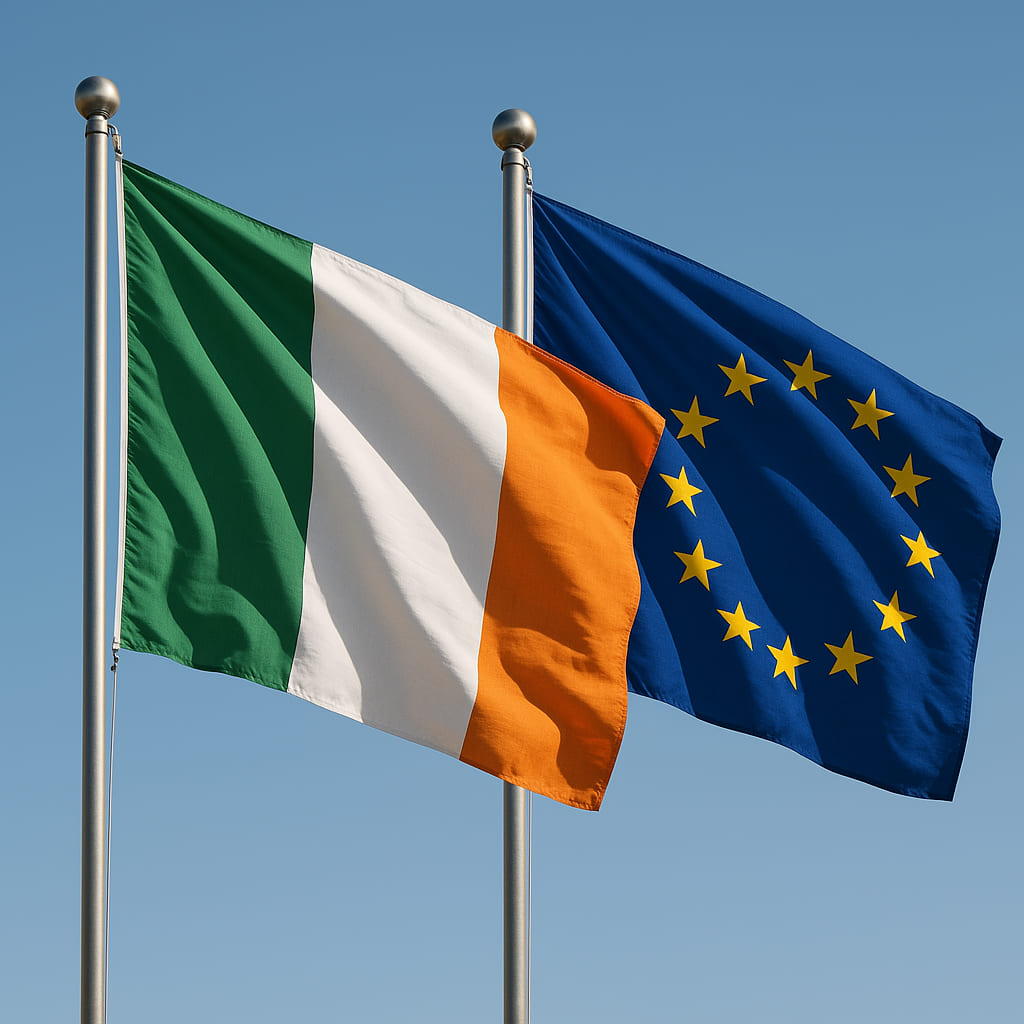Ireland and the EU Post-Lisbon

The proliferation of the crisis that punctuated the French Presidency can make one dizzy. In particular, the extent of the economic and financial turmoil could obscure the fact that the EU has other urgent issues to deal with such as finding ways of breaking the institutional impasse that emerged in the aftermath of the Irish rejection of the Lisbon Treaty. Yet, this Treaty, which results from long and fierce negotiations, is essential to cement institutional dynamics that can be considered as secondary in times of crisis but will prove to be crucial when it is time to give a strong foundation to emergency measures. Two fundamental deadlines will also be affected by the way the crisis will be resolved: the election of the European Parliament in June 2009 and the renewal of the Commission in November. The European Council of December is hence crucial to lay the foundations for unblocking this deadlock. Notre Europe publishes an analytical note by Brigid Laffan, whose expert outlook on institutional issues helps to better understand the Irish context and the options available on a European scale. More fundamentally, this institutional crisis stresses the urgency to break the impasse resulting from the maintenance of the requirement of unanimity for the ratification of the treaties signed by 27 Member States. Notre Europe is working, along with a group of experts, on a more thorough report on this ratification issue that will be published in the first trimester of 2009.




